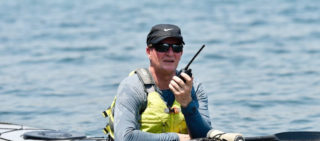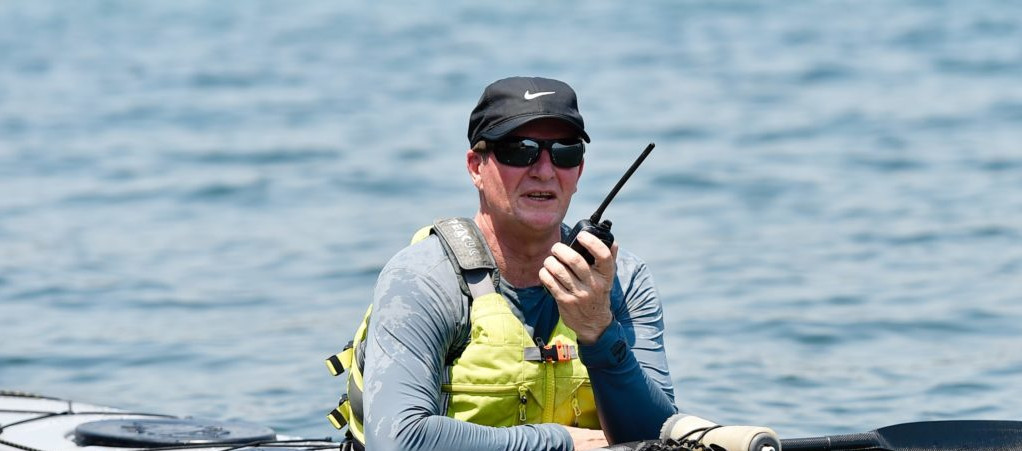Using your marine radio
A marine radio is one of the most important pieces of safety kit on your boat – if you know how to use it.
Always keep your marine radio on the ‘Distress, Safety and Calling’ channel. This is VHF Channel 16 or 27MHz Channel 88.
VHF is the choice for safer boating. Newer technology, it offers greater range, clearer reception with less interference from static and help at the push of a button.
MRNSW radio bases monitor both VHF and 27MHz marine radio channels along the NSW coastline but a VHF radio will maximise the chance of your call being heard around-the-clock and of help arriving swiftly.
You don’t have to be on a boat to have a marine radio. A handheld VHF set is a valuable safety aid that can be easily carried on board a jet ski, kayak, canoe or other paddle craft.
If you are in grave and imminent danger and you need urgent help, use every means you have to call for help, including your marine radio and your mobile phone.
Make a MAYDAY call on your marine radio and call Triple Zero (000) on your mobile phone.
If you need to call for help or are seeking relevant information while you’re out on the water, use VHF Ch 16 (or 27MHz Ch 88) to call your local Marine Rescue radio base. You will then be asked to go to a “working” channel.
When making an initial call, state the call sign of the Marine Rescue radio base you are calling three times (eg Marine Rescue Sydney, Marine Rescue Sydney, Marine Rescue Sydney) and your own call sign three times (eg Otter 101, Otter 101, Otter 101). This is to help ensure the MRNSW base knows you are calling them and who you are.
When you contact a MRNSW radio base on VHF Ch 16, the radio operator will acknowledge your call and generally ask you to move to a working channel to continue the conversation in order to keep the emergency channel free.
If you’re making a Mayday call, the radio operator will stay on VHF Ch 16 so other boaters in the vicinity can hear and come to your aid.
But for less serious incidents such as a breakdown or a request for a tow or routine activities like Logging On or weather checks, the operator will tell you a designated working channel.
Even if you know your local working channels, best practice is not to shortcut the process by calling on these. If your nearest MRNSW base is off the air for any reason, there is more chance that another base will hear your call on VHF Ch 16 than any other.
Once you have finished your call, return your radio to VHF Ch 16 because this is what we will use to contact you if, for instance, you are overdue to Log Off. Then get back to enjoying your day out on the water.

